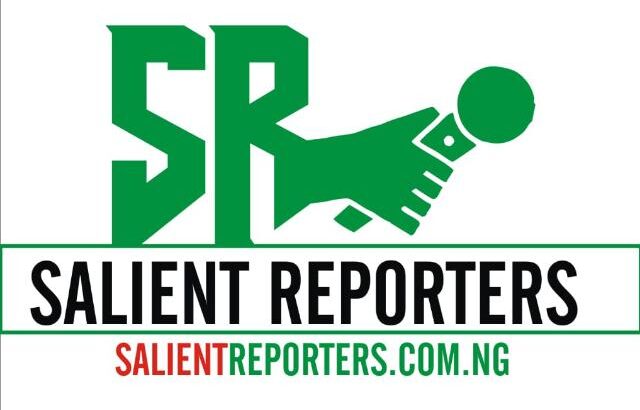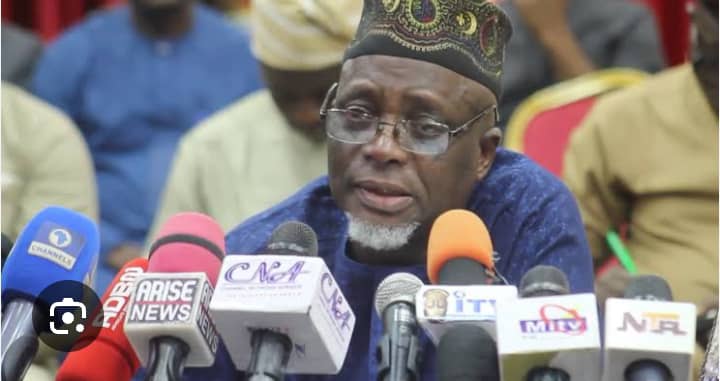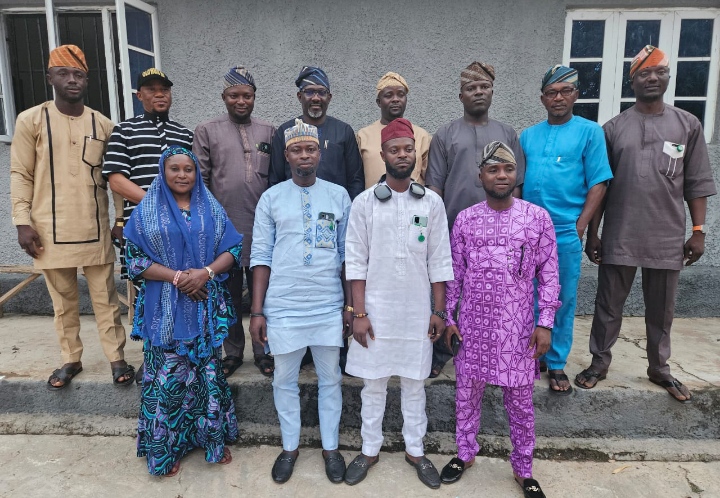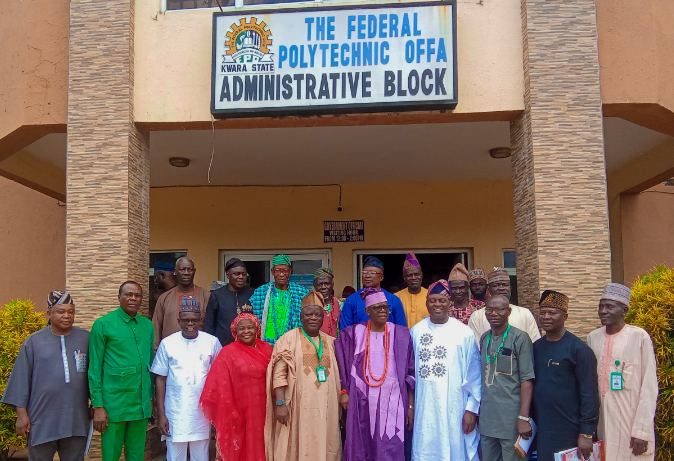Minimum Wage Impasse And The Way Forward
By: Aluko Ayomide Comfort
Minimum wage is the minimum amount of remuneration that an employer is required to pay wage earners for the work performed during a given period of time. The purpose of a minimum wage is to promote workers from exploitation and ensure that they are paid a fair wage for their work. In Nigeria today, the current minimum wage has been criticised because of its inability to fit in with the current situation of the country which has led to economic insecurity. The Nigerian government is currently paying thirty thousand naira as the minimum wage and the labour unions are asking for increment. Strike has always been the order of the day in Nigeria whenever the workers need something from the government.
It is no more news that Nigerian workers strike even more than thunder, just in May, 2024 workers in the country embarked on nationwide strike which was eventually called off after 48 hours after so much deliberations and agreements between them and the government. Regardless of the agreements, the labour unions have vowed to continue the industrial action because they are tired of the government’s empty promises that hold no water. It could be recalled that in 1998, minimum wage in Nigeria was #1,500 per month which was later increased to #3,000 in 1991. In year 2000, the minimum wage in Nigeria was increased to #5,500 and in 2011, the Nigerian government implemented a new minimum wage of #18,000 per month.
However the minimum wage was revised to #18,000 per month in 2013. Then in 2018 it was increase to #30,000 which also applicable to Corp Members. Minimum wage impasse is one of the major factors that militates against the economic state hence, skyrocketting prices of commodities as well as high cost of living inNigeria.
For instance, should federal government approve the initial request of #615,000 as new minimum wage then the inflation will be highly uncontrollable because the private sectors must also abide by it which will undoubtedly plunge average Nigerians in economic Insecurity as it will render the naira so useless to the extent of buying a bag rice for almost #20,000 or thereabout. A practical example was when Corp Members allowance was pegged for #19,800, as little as it was then, it was enough to buy 3 bags of rice but it’s quiet unfortunate that the #33,000 Corp Members allowance now cannot purchase half bag of rice.
Therefore, if the government should approve the new #250,000 thousand being requested now as the new minimum wage then people won’t border to go to school anymore because their O’level results will fetch them money. Meanwhile, the private organization employers will find it difficult to afford the salary. Let us use Dangote company as an example, if the government approve the new minimum wage propsed by the labour unions then, Dangote company will have to pay the same amount but the question is, where will he see the huge amount of money? Then he would have to increase the price of his goods and products so as to enable him pay for employees and get profit as well.
Furthermore, with all these, inflation will occur and it will affect the economy of the country generally because like 30% of Nigerians are salary earners and the remaining 70% are not. However, it’s high time the Nigerian labour unions stopped treating eczema at the expense of leprosy. They should be advocating for control price for goods and services and not salary increment that will even deteriorate the problems. Moreover, it will also be interesting if the movement can also put the public office holders on a minimum wage like workers.
![]()
















Leave a Reply